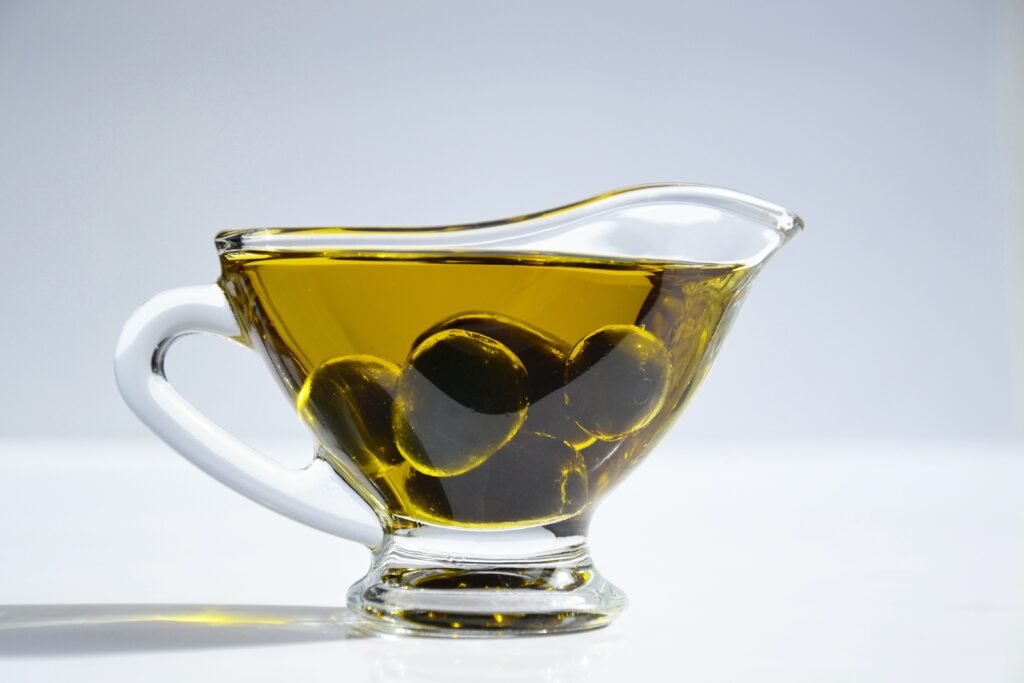
High cholesterol can significantly elevate the risk of heart disease, making it a common health concern. While genetics do play a role in cholesterol levels, equally significant are the lifestyle choices we make. Fortunately, many aspects of our daily lives can be adjusted to lower cholesterol levels and maintain a heart-healthy lifestyle. In this article, we will explore effective strategies for managing cholesterol, enhancing readability with the use of transition words.
Understanding Cholesterol
Before we delve into strategies for lowering cholesterol, it’s essential to grasp what cholesterol is and why it matters. Cholesterol is a waxy, fat-like substance found in your body’s cells and the food you consume. It plays a crucial role in building cell membranes and hormone production. However, when levels of low-density lipoprotein (LDL) cholesterol, often referred to as “bad” cholesterol, become too high, it can result in plaque buildup in your arteries, increasing the risk of heart disease.
1. Maintain a Healthy Diet
One of the most effective ways to lower cholesterol is through making wise dietary choices. Here are some dietary guidelines with seamless transitions to follow:
- Reduce Saturated and Trans Fats: To lower LDL cholesterol levels, it is crucial to minimize your consumption of foods rich in saturated fats like fatty cuts of meat and full-fat dairy products. Equally, steer clear of trans fats found in certain packaged snacks and fried foods.
- Increase Fiber Intake: Incorporating foods rich in soluble fiber, such as oats, beans, fruits, and vegetables, can significantly contribute to lowering LDL cholesterol levels.
- Choose Healthy Fats: Opt for foods that contain unsaturated fats, including olive oil, nuts, and fatty fish such as salmon, mackerel, and sardines. These can boost high-density lipoprotein (HDL) cholesterol, often known as the “good” cholesterol.
- Limit Cholesterol Intake: To effectively manage cholesterol, it’s advisable to reduce consumption of high-cholesterol foods, such as egg yolks and organ meats.
- Watch Your Portions: Maintaining awareness of portion sizes is crucial to preventing overeating, which can lead to weight gain and, consequently, increased cholesterol levels.

2. Exercise Regularly
Transitioning to regular physical activity is a potent tool for managing cholesterol levels. Exercise can elevate HDL cholesterol and reduce LDL cholesterol. Strive for at least 150 minutes of moderate-intensity aerobic exercise or 75 minutes of vigorous-intensity exercise each week, or a blend of both.
3. Maintain a Healthy Weight
If needed, shedding excess weight can have a considerable impact on your cholesterol levels. Even a modest weight loss can result in an improved cholesterol profile.
4. Quit Smoking
Smoking causes damage to blood vessels and decreases HDL cholesterol. Consequently, quitting smoking is a critical step in reducing your risk of heart disease and enhancing your overall health.
5. Limit Alcohol Intake
While moderate alcohol consumption, particularly red wine, may offer some heart benefits, excessive alcohol intake can lead to high cholesterol and other health issues. If you decide to consume alcohol, do so in moderation.
6. Medications
In certain cases, lifestyle changes may not suffice to lower cholesterol levels. Your healthcare provider may prescribe medications, such as statins, to help manage your cholesterol.
Conclusion
Lowering cholesterol is a pivotal step in reducing the risk of heart disease. By making positive changes to your diet and lifestyle and maintaining a heart-healthy approach, you can take control of your cholesterol levels and enhance your overall health. Always consult with a healthcare professional before making significant changes to your diet or starting a new exercise regimen. With dedication and a heart-healthy approach, you can work toward a healthier, happier life.
Remember that managing cholesterol is an ongoing process. Regular check-ups with your healthcare provider can assist you in monitoring your progress and making any necessary adjustments to your plan. Your heart will undoubtedly thank you for the effort you invest in maintaining a healthy lifestyle.




